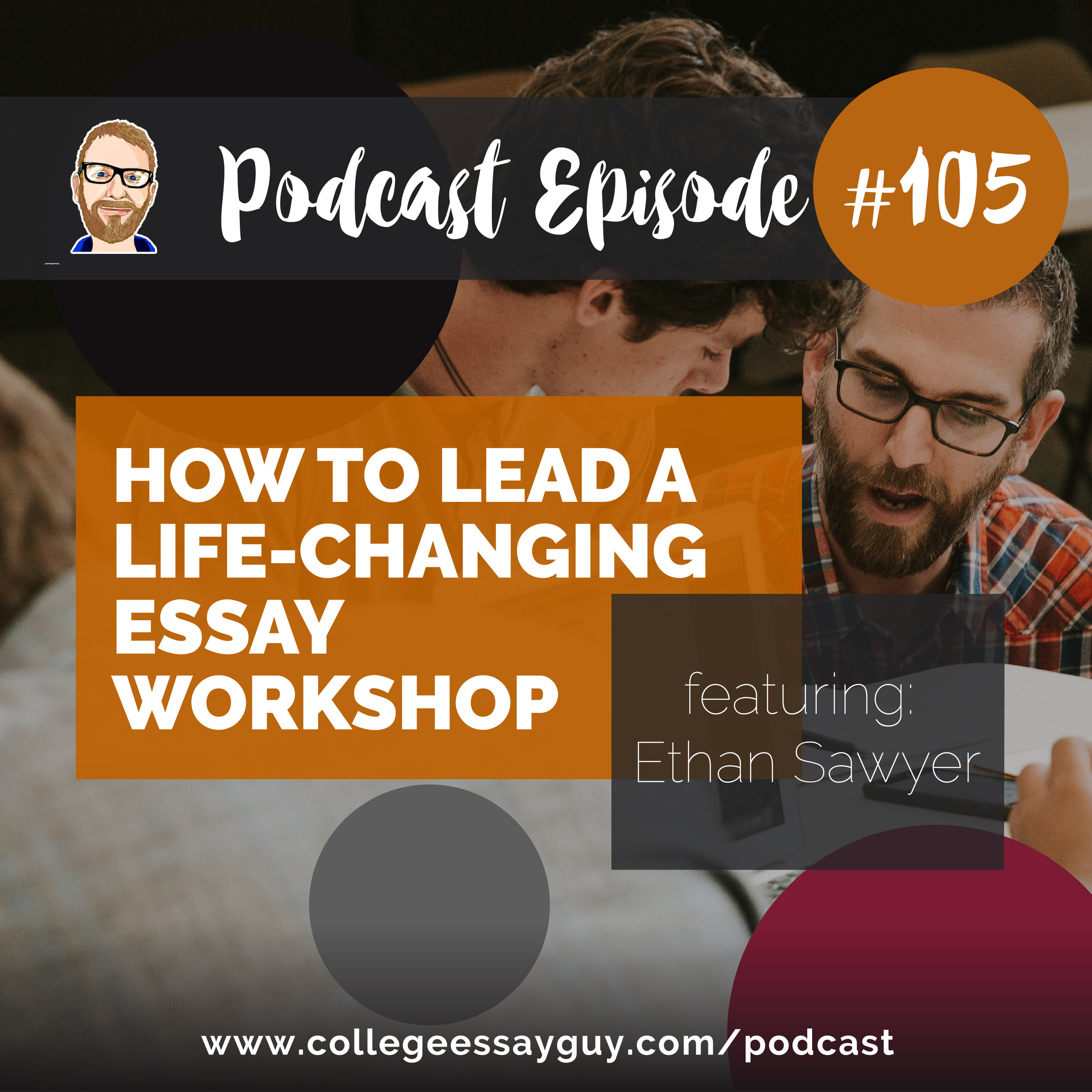a Blog post that this podcast inspired
SHOW NOTES
While Episode 105 was about how workshops can change lives, on this episode you’ll learn about some Colleges That Change Lives.
My guest is Maria Furtado, the Executive Director of Colleges That Change Lives (aka CTCL), a nonprofit organization dedicated to the advancement and support of a student-centered college search process. I HAD SO MUCH FUN RECORDING THIS EPISODE MARIA IS BRILLIANT FUNNY--I LOLd MAYBE 20 TIMES IN THIS CONVERSATION--AND YOU WILL FEEL SMARTER AFTER THIS HOUR. We discuss, among other things:
What is a liberal arts education and why is it important?
Three questions every student should ask when it comes to picking a college
Three ways to reduce anxiety during the college application process: the Car Idea, how to avoid “college creep,” and how the Ice Cream Prize can make a tour better
One great way to increase (not decrease) stress during the college selection process
How to make the most of a college fair experience
Perhaps the single most important thing for parents to consider when it comes to the college application process
PLAY-BY-PLAY
Quick info on Maria Furtado [2:42]
Colleges That Change Lives: How did it begin? What does it do? How? [3:26]
What is a liberal arts education and why is it important? [8:17]
Two things Maria always says about the liberal arts (heads-up: the first is funny, the second may surprise you) [9:38]
A look into the future: How liberal arts prepare students for success in a rapidly changing world [11:39]
Is a small college better than a large university? What are some of the merits of a small college? Who might thrive at a small school? [14:32]
A great story illustrating what type of student might prefer a large school [17:12]
Is there any danger in focusing on name-brand schools only? [18:50]
One great way to increase (yeah, not decrease) stress during the college selection process [19:45]
What does “best fit” mean in terms of college selection and how can students find a best fit college? [21:00]
Questions every student should ask when it comes to picking a college [22:00]
Why is important to have a “student-centered” process? And what are some signs that a process is/isn’t student-centered? [30:13]
Advice to parents who may feel that the college application process is the parent’s “report card” [31:18]
Advice to parents (and students) when it comes to discussing the college list with family and friends [32:02]
How can students, parents and counselors make the process more student-centered? [31:10]
Perhaps the single most important thing for parents to consider when it comes to the college application process [34:15]
In which cases Maria chooses name brand only [36:53]
Might a name-brand school be a better fit for certain students? [37:27]
What schools would be on your college list, Maria, if you were applying today? [38:13]
Which schools get to become CTCL member schools? (What does it take to become a College That Changes Lives?) [42:11]
Three ways to reduce anxiety during the college application process: the Car Idea, how to avoid “college conversation creep,” and an idea for making a college tour better [44:23]
What to do when you’re feeling overwhelmed by mail from schools [49:55]
What are some practical ways that CTCL can be useful to students? [51:15]
List of upcoming Colleges That Change Lives programs, presentations, and college fairs [53:00]
Resource: Questions to Ask at a College Fair [53:30]
(Question posed by Parke Muth in my Private Facebook Group for Counselors): How do you keep CTCL from becoming just another brand in the college marketing ecosphere (pun intended)? [56:16]
Why do you do this work, Maria? [57:34]
SHOW & TELL: Life advice from Maria, plus Ethan’s resource, “How to Make Your College Fair Awesome” (printable for both students and counselors) [1:00:14]













